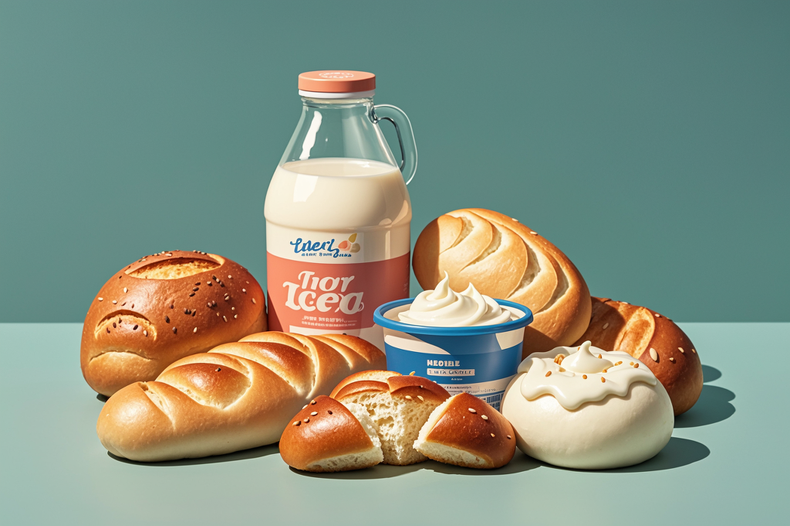
How Can Sodium Erythorbate Supply Be Sustainable?
High industrial pollution
Carboxymethyl Cellulose (CMC) is a versatile and widely used chemical compound in various industries, primarily known for its thickening, stabilizing, and water retention properties. It is a derivative of cellulose, one of the most abundant natural polymers. This article provides a comprehensive overview of the quality and specifications of CMC, detailing its chemical properties, grades, applications, and quality standards.

Carboxymethyl Cellulose is produced through the chemical modification of cellulose. The primary chemical reaction involves the introduction of carboxymethyl groups (-CH2-COOH) into the cellulose backbone, resulting in the formation of CMC. The degree of substitution (DS) is a critical parameter that defines the number of carboxymethyl groups attached per glucose unit of cellulose. It typically ranges from 0.4 to 1.4, influencing the solubility and viscosity of CMC.
Chemical Formula: C6H7O2(OH)2OCH2COONa
CAS Number: 9000-11-7
Molecular Weight: Varies depending on the degree of polymerization and substitution.
CMC is available in various grades tailored to specific applications, primarily differentiated by their viscosity, purity, and degree of substitution.
The specifications of CMC vary based on its intended application and grade. Key parameters include:
CMC’s unique properties make it indispensable in numerous applications:
Quality control and adherence to regulatory standards are critical for CMC production. Reputable manufacturers comply with international standards such as ISO, HACCP, FDA, and EFSA to ensure product safety and consistency. Certification from these bodies guarantees that CMC meets the required purity, viscosity, and safety parameters for its intended applications.

High industrial pollution

Unreliable suppliers send

Buying Sodium Erythorbate

Improper storage ruins So
Carboxymethyl Cellulose (CMC) is a critical ingredient across various industries due to its multifunctional properties. Understanding its quality and specifications helps in selecting the right grade for specific applications, ensuring optimal performance and compliance with regulatory standards. Whether used in food, pharmaceuticals, cosmetics, or industrial applications, CMC’s versatility and effectiveness make it a valuable component in product formulations.
WhatsApp us
We will contact you within 1 working days